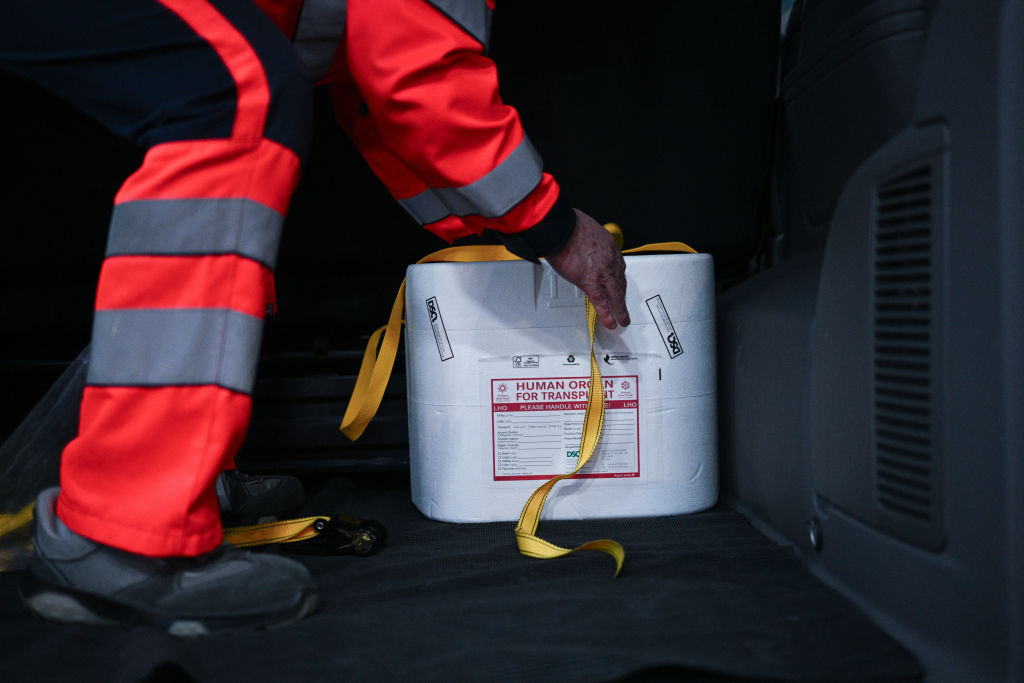Corporate executives reap millions from Reddit stock frenzy
The skyrocketing stock prices of GameStop, BlackBerry and other companies generating "YOLO" paydays for some members of Reddit's Wallstreetbets forum are also earning a windfall for corporate insiders.
Since January 1, executives at BlackBerry and GameStop have been selling stock, cashing in a total of more than $22 million in stock. Of late, they've also gotten a major boost from the loose collective of amateur traders on social media who have relentlessly bid up the companies' shares and at least some of whom have declared it their mission to divert profits from Wall Street to Main Street.
There is no allegation of improper insider trading connected with any of the trades. And multiple experts told CBS MoneyWatch they see no evidence any of the corporate insiders and executives who recently sold GameStop and BlackBerry shares have done anything wrong.
Still, a person familiar with the stock sales told CBS MoneyWatch that GameStop has in recent days moved to restrict executives and insiders from selling additional shares.
Executives and insiders have been exiting at the same time Wallstreetbets participants have been pushing their members to snap up the stock. Robinhood, a popular trading app among Wallstreetbets investors, this week temporarily barred traders from buying more shares of GameStop. The ban was partially lifted on Friday.
Executives tend to trade stock through pre-set plans in order to avoid any appearance they might have traded on insider information, which is illegal. But notes on the trades in recent filings the executives submitted to the U.S. Securities and Exchange Commission do not state that the recent stock sales at both BlackBerry and GameStop took place through these so-called 10b5-1 plans. That suggests none of the trades had been scheduled in advance.
"Pay for luck"
Perhaps more important, stock options and other share grants are supposed to align executives with other investors — in short, corporate leaders are supposed to be paid for their performance in building viable companies for the long-term. Yet cashing in on what many see as reckless speculation driven by social media highlights problems with how senior executives are compensated, experts told CBS MoneyWatch.
"It's pay for luck," said Benjamin Golez, associate professor of finance at the University of Notre Dame's Mendoza College of Business.
Three BlackBerry executives last week cashed out nearly $1.7 million worth of the company's stock. One of the executives, BlackBerry Chief Financial Officer Steve Rai, sold all of his shares in the company, though he has unvested options that could turn into shares in the future.
BlackBerry shares were trading at about $5.50 before it became the fodder of conversation on the Wallstreetbets message board. At that price, the three executives' shares would have been worth about $700,000. But the ensuing frenzy driven by Wallstreetbets added $1 million to the combined value of their shares.
The Wallstreetbets insurgents could trigger an even bigger windfall for BlackBerry CEO John Chen. Under his compensation package for joining the software company in 2018, Chen could receive a one-time cash bonus of $90 million if BlackBerry's shares trade above $30 for 10 days in a row anytime before the end of 2026.
On Wednesday, shares of BlackBerry, which has lost more than $800 million in its last four reported quarters, came close to that magic $30 number, hitting $25, though they have since retreated to roughly $14.
BlackBerry didn't respond to a request for comment on the executive stock sales. But a BlackBerry spokesperson told the Wall Street Journal that the executives had sold their shares during a window in which trades were allowed.
$20 million richer
The bank accounts of four directors of troubled retailer GameStop have also benefited from the Reddit raiders. GameStop has lost nearly $1.6 billion over the past three years. Its sales recently slumped by 30%, and it is in the process of closing 1,000, or about 20%, of all its stores. Yet shares of the company have soared from about $17 at the beginning of the year to $315 on Friday.
Since the beginning of the year, four members of GameStop's board of directors have pocketed $20 million from selling company stock. One of the sellers was Kurt Wolf, a money manager and former executive consultant who joined GameStop's board last year. Hestia Capital, Wolf's investment fund, unloaded more than two-thirds of its stake in GameStop in January, grossing Wolf and his clients just over $17 million.
GameStop did not return requests for comment on its executive stock sales. Wolf, through a spokesperson, declined to comment. A filing with the SEC notes that Wolf sold in order to diversify his fund holdings.
Thomas Gorman, a partner at law firm Dorsey & Whitney and an expert in securities law who spent seven years at the Securities and Exchange Commission, said if he were advising the boards of companies whose shares have been bid up by Wallstreetbets traders, he would tell them to ask executives to refrain from selling while the stock seems artificially elevated.
But Gorman also underlined that executives who do sell stock aren't breaking any rules. Corporate boards have no ability to stop executives from selling into a sudden stock run provided the gains aren't connected to inside information.
"This is outsider information," he said.
The problem is that stock compensation is suppose to align executives with the broader fortunes of the corporation. In the case of GameStop and BlackBerry, the executives and insiders appear to be benefiting from the frantic speculation in the companies' stock — not any real improvement in their business.
"Boards can use their bully pulpit and say to their executives that it's really not a smart time to be cashing out their shares," Gorman said. "But that doesn't mean those executives, who are sitting on all this stock, are going to listen."



